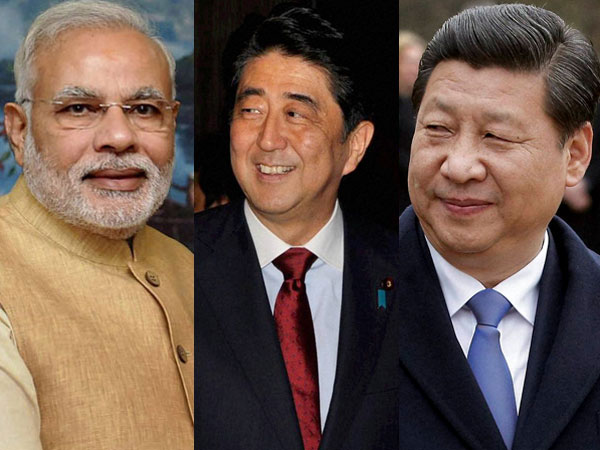India has surpassed Japan to become the second largest steel producer in the world. Industrial activities in India have increased at an exponential rate as the manufacturing sector registered sound growth. The demand for steel surged given the growth in manufacturing and thus industries increased production. As per the World Steel Association, India has produced 96.39 million tonnes from January to November in December. This is 4.9 percent more compared to the 92.39 tonnes it produced in the previous year over the same period. “The January to November crude steel production statistics released by worldsteel show that India has become the second largest steel producer in the world, overtaking Japan for the second month in a row, with a growth rate of 4.9 per cent. This growth in steel production is supported by the fast-growing steel demand”, said Adam Szewczyk, head of Data Management at the World Steel Association.
On the other hand Japan recorded a decline of 0.1 percent in steel production and produced 95.86 million tonnes of steel from January to November in 2018 compared 95.94 million tonnes for the same period in previous year. China is still the king of steel production with 857.37 million tonnes in 2018 which is 9 times more than the second largest producer, India. The growth in steel production was also high in China which figured among the top 6 producers with 6.7 percent growth. The eastern giant produced 857.37 million tonnes from January to November in 2018 compared to 803.34 million tonnes in 2017 in the same period of time.
The per capita steel use in India is 66.2 kg which is significantly lower than global average of 212.3 kg. Therefore, India has huge potential for an increase in steel demand. As per the World Steel Association, steel demand in India is expected to growth at 7.3 percent in 2019 and the country would become second largest consumer of steel. The global steel demand is coming down and as the global economy slows down, India is among its few bright spots for the steel market. China produces million tonnes of steel but its domestic demand is down as the Chinese economy is in the process of slowing down and steel prices are therefore expected to crash as China will dump its cheap steel across the world.
In India, domestic players has to compete with Chinese multinationals over pricing. The demand for steel in India is soaring given the infrastructural push by the government and growth in demand for affordable housing. The steel industry in India is in an advanced stage of consolidation. The consolidation was accelerated after the implementation of the Insolvency and Bankruptcy Process (IBC) in 2016. When the IBC came into effect, the largest defaulters on bank loans were steel companies. Various companies like BhushanSteel, Essar Steel with total capacity of more than 30 million tonnes was expected to go through the IBC process. Some of the largest cases were resolved through the IBC were from the steel industry, Bhushan Steel with a capacity of 5.6 mt was acquired by Tata Steel, Monnet Ispat and Energy was acquired by JSW Steel, Electrosteel Steels was acquired by Anil Agrawal led Vedanta Limted.
The consolidation of the steel industry coupled with the massive crackdown on steel companies will help the India compete with the eastern giant in domestic and global markets. With the end goal of pollution control, China had decided that it will either shut down or curtail operations at dozens of steel plants from November 2017 over the next five months under an aggressive action plan to reduce winter pollution in Beijing and its surrounding areas.
